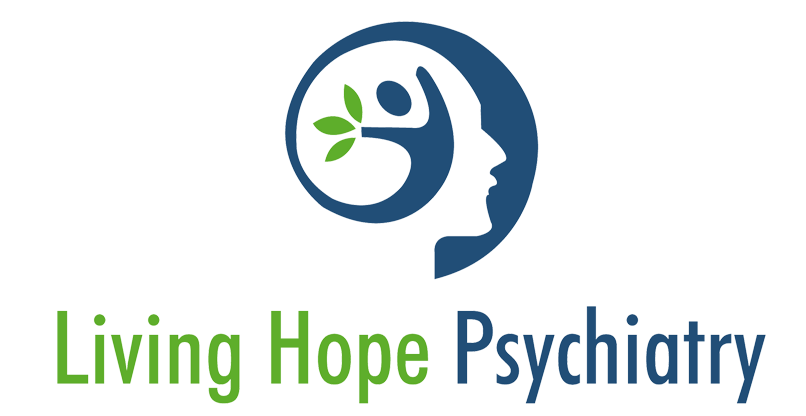Yes, antibiotics can cause insomnia, although it is not a common side effect. Some people experience difficulty sleeping because certain antibiotics can affect the central nervous system, create digestive discomfort, or increase restlessness and alertness.
Why antibiotics may cause insomnia
- Stimulation of the nervous system
Some antibiotics—especially fluoroquinolones like ciprofloxacin and levofloxacin—can overstimulate the brain, making it harder to relax and fall asleep. - Gastrointestinal side effects
Antibiotics may cause stomach upset, acid reflux, or nausea. These symptoms can make sleep difficult, especially if medications are taken late in the day. - Sleep schedule disruption
If antibiotics cause pain relief, discomfort, or changes in your routine, this may indirectly affect sleep quality. - Drug interactions
Mixing antibiotics with caffeine, certain supplements, or other medications may increase alertness or anxiety, contributing to insomnia.
Who is more likely to experience insomnia?
- People sensitive to medication side effects
- Individuals taking fluoroquinolone antibiotics
- Those consuming caffeine or stimulants while on antibiotics
- People with pre-existing anxiety or sleep disorders
How long does the insomnia last?
In most cases, insomnia caused by antibiotics is temporary and improves once the medication is completed or switched. It usually resolves within a few days after stopping the drug.
When to contact a doctor
Seek medical advice if:
- Insomnia becomes severe
- You experience anxiety, restlessness, or heart palpitations
- The lack of sleep affects your daytime functioning
- Symptoms continue after finishing the antibiotics
Your doctor may adjust the dose, recommend taking the medication earlier in the day, or prescribe an alternative antibiotic.
